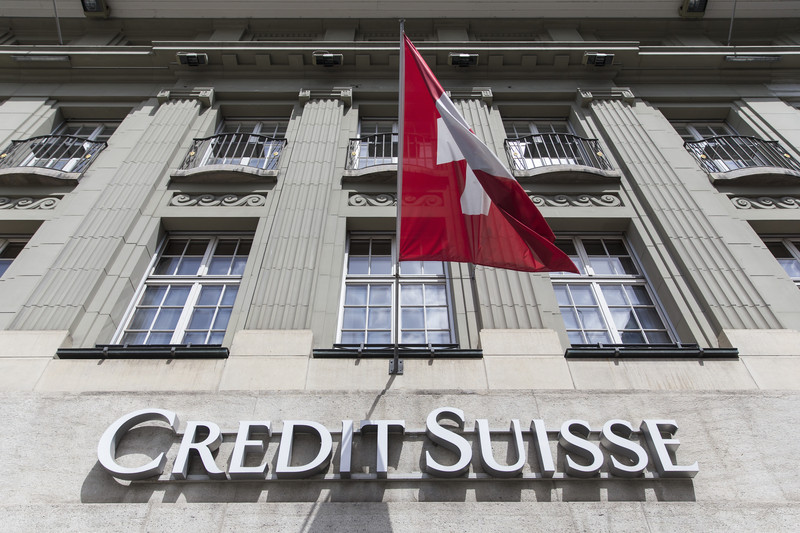European banks are no longer safe, there are three main reasons for fear

Banking is a massive, complex sector that rests on delicate trust. Such a system usually works, but once people start worrying that it might break down, it often does.
Credit Suisse, a 167-year-old institution with a balance sheet of 531 billion Swiss francs and more than 50.000 employees, has been sold to its larger Swiss rival UBS for 3 billion Swiss francs. By all accounts, Credit Suisse had little choice whether to accept the offer. Is this a sign of a wider crisis in the European banking sector? Martin Arnold, an analyst at the Financial Times, claims that a similar fate could befall other European banks.
While European banks are undoubtedly in a better position than they were during the 2008 crisis, that by no means means they will be immune to the latest turbulence in the sector, he adds. First, Credit Suisse also had relatively healthy capital and liquidity ratios, but that did not save it from collapse.
Second, Eurozone banks are still not making enough profit to cover their costs, which means shareholders are at a loss. The third problem is the increase in interest rates, which the European Central Bank has raised at an unprecedented rate, all to deal with rising inflation, elaborates Arnold.


